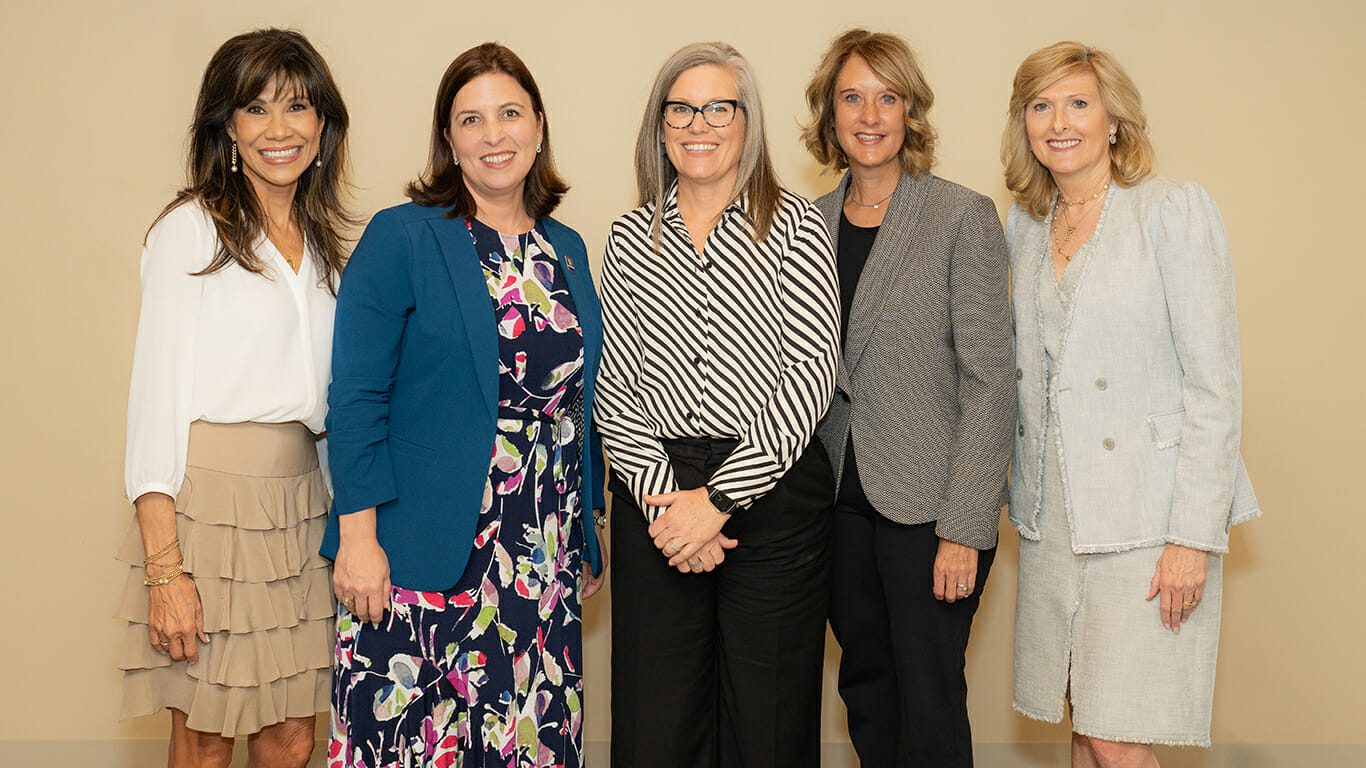Mercy Care, Hospice of the Valley and Contexture are collaborating on a community education campaign to raise awareness about the benefits of making and documenting advance healthcare decisions. This initiative, called Choose Your Person, encourages Arizonans to start the process by selecting a healthcare power of attorney.
MORE GOOD: Mercy Care awards nearly $3.6M in grants to Arizona nonprofits
National research shows that only 30-35 percent of Americans have created a living will, or advance healthcare directive. As a result, the end-of-life care they receive does not often reflect what they want. Consider that 70 percent of people say they would prefer to die at home, yet 76 percent pass away in an institution.
“Registering your advance healthcare directives can bring peace of mind and ensure you get the care you deserve. We want to increase the number of Arizonans who have recorded their advance healthcare directives to empower them to decide for themselves the kind of care they want before they need it. I encourage every Arizonan to Choose Your Person,” said Arizona Governor Katie Hobbs, who spoke at the Choose Your Person launch event at Hospice of the Valley on Oct. 11.
Increasing the number of Arizonans with a registered healthcare directive will not only ensure more people get care that aligns with their wishes, but it will also provide valuable support to those making healthcare decisions on their behalf.
“Taking that first step and choosing ‘your person’ can be empowering and also prompt important, albeit difficult, conversations about end-of-life care with your loved ones and healthcare providers,” said Melissa Kotrys, CEO of Contexture. “Completing your advance healthcare directives and documenting them with the Arizona Healthcare Directives Registry can help provide you and your family peace of mind.”
Contexture operates the Arizona Healthcare Directives Registry (AzHDR), a platform that provides healthcare providers with seamless access to patients’ end-of-life care wishes. The registry stores advance directive documents, including living wills, healthcare power of attorney forms, and pre-hospital medical care directives, often referred to as Do Not Resuscitate orders (DNRs).
“We want Arizona residents to understand the value of this registry, and the value of a healthcare provider having access to your end-of-life wishes in real time, at the point of care,” said Lorry Bottrill, Mercy Care chief executive officer.
Mercy Care is providing $670,000 to launch the Choose Your Person community education campaign, which includes training as many as 50 community assistors and hosting community workshops on advance care planning where advance healthcare directives can be completed and registered in AzHDR. The community workshops will serve families of people living with dementia or other serious illness, with a focus on traditionally underserved communities who are less likely to have advance care planning conversations and complete their advance healthcare directives, such as Hispanic, Black, LGBTQIA+, and unhoused communities.
The funding is part of the Mercy C.A.R.E.S. Community Reinvestment grant program. It supports AHCCCS’ Whole Person Care Initiative, which addresses Social Risk Factors to improve health outcomes. Mercy C.A.R.E.S. provides community reinvestment funding to community organizations that address Mercy Care’s community health focus areas: managing chronic conditions, addressing housing security, supporting mental health and well-being and empowering recovery from substance use.
“Through Mercy C.A.R.E.S., we partner with organizations that advance health equity and further our mission that everyone, particularly those who are underserved and have complex health needs, deserves to live a healthier life, and achieve their full potential,” said Bottrill.
Hospice of the Valley and Contexture will lead community education effortsthrough their well-established community network of healthcare providers, long term care facilities, faith communities, community-based organizations, civic groups, colleges, and businesses.
“For more than 46 years, we’ve been educating the community on an array of healthcare topics, including advance care planning and the importance of documenting and communicating medical preferences,” said Debbie Shumway, executive director of Hospice of the Valley. “We encourage families to make these decisions together, to ensure their loved ones wishes are honored.” Some of these barriers can include a lack of knowledge, a lack of access to a notary or cultural taboos around discussions of incapacity or terminal illness.




